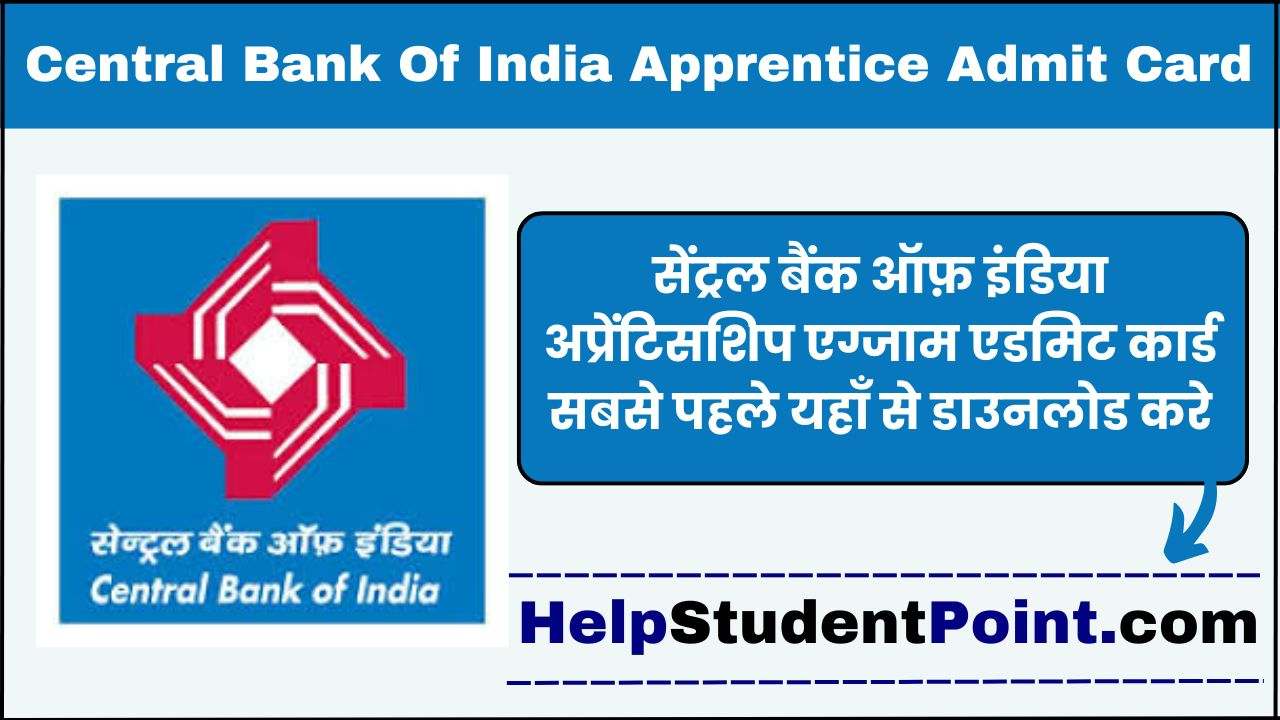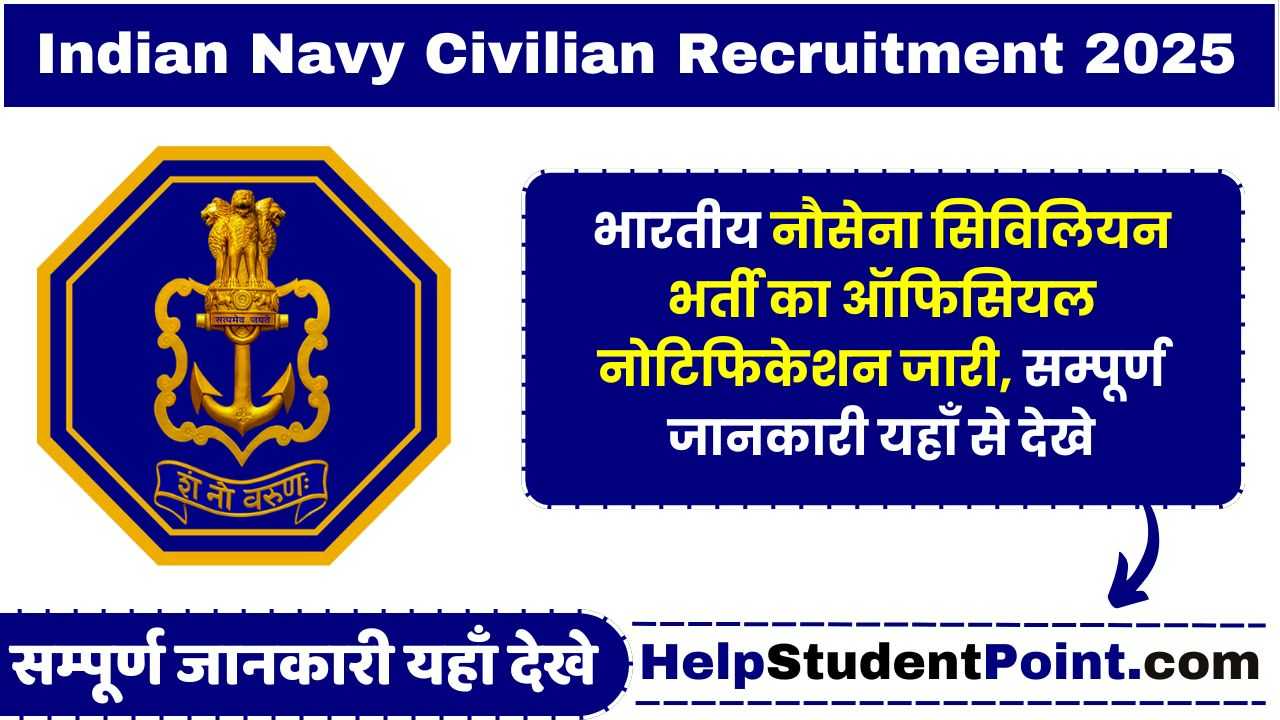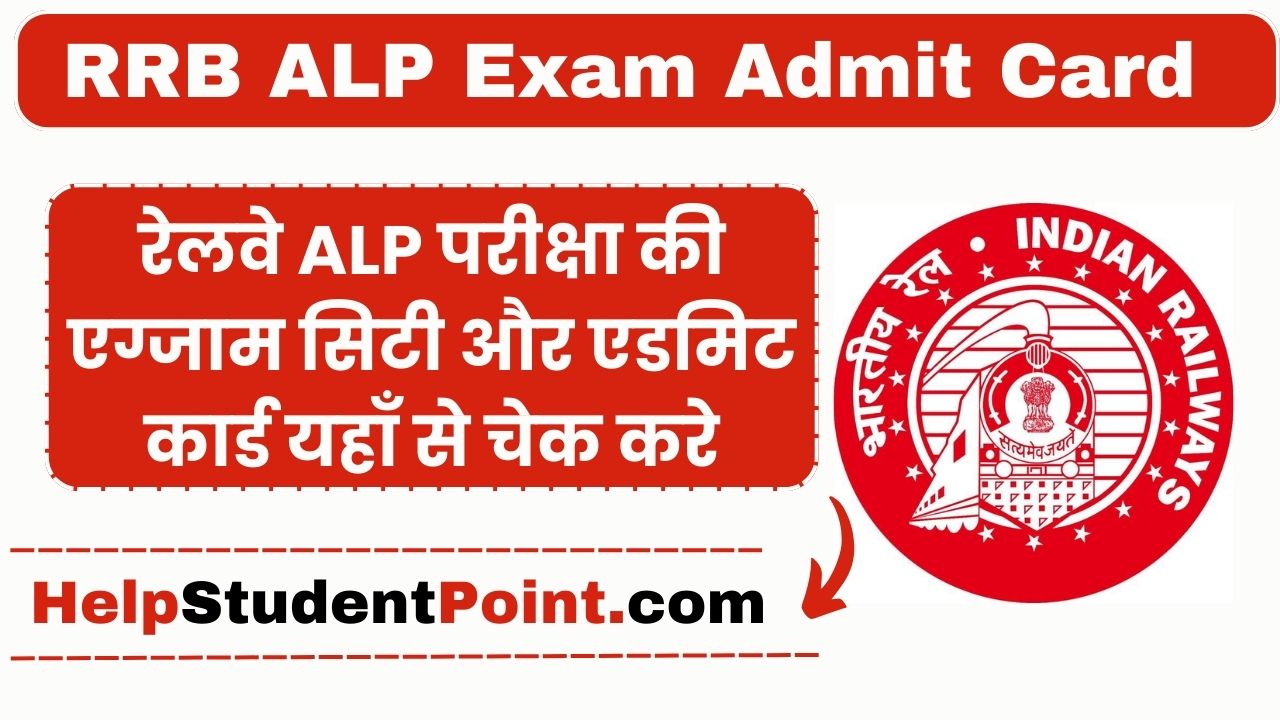UPSC CSE Law Optional Syllabus for Paper-I, UPSC CSE Law Optional Syllabus for Paper-II law optional upsc previous year papers, upsc law optional solved papers, uppsc law optional syllabus, upsc law optional notes pdf, upsc law prelims syllabus, upsc law optional paper, law optional upsc coaching, law optional upsc pros and cons
| UPSC CSE Law Optional Syllabus for Paper-I |
|
Constitutional and administrative Law
1. Constitution and Constitutionalism:The distinctive features of the Constitution.
2. Fundamental Rights—Public interest litigation; Legal Aid; Legal services authority.
3. Relationship between Fundamental rights, Directive principles and Fundamental duties.
4. Constitutional Position of the President and relation with the Council of Ministers.
5. Governor and his powers.
6. Supreme Court and the High Courts:
(a) Appointments and transfer.
(b) Powers, functions and jurisdiction.
7. Centre, States and local bodies:
(a) Distribution of legislative powers between the Union and the States.
(b) Local Bodies.
(c) Administrative relationship among Union, State and Local Bodies.
(d) Eminent domain-State property-common property-community property.
8. Legislative powers, privileges and immunities.
9. Services under the Union and the States:
(a) Recruitment and conditions of services;Constitutional safeguards; Administrative
tribunals.
(b) Union Public Service Commission and StatePublic Service Commissions—Power
andfunctions.
(c) Election Commission—Power and functions.
10. Emergency provisions.
11. Amendment of the Constitution.
12. Principle of Natural Justice—Emerging trends and judicial approach.
13. Delegated legislation and its constitutionality.
14. Separation of powers and constitutional governance.
15. Judicial review of administrative action.
16. Ombudsman: Lokayukta, Lokpal etc.
International Law
1. Nature and Definition of International Law.
2. Relationship between International Law and Municipal Law.
3. State Recognition and State Succession.
4. Law of the sea: Inland Waters,Territorial Sea, Contiguous Zone, Continental Shelf,
Exclusive
Economic Zone and High Seas.
5. Individuals: Nationality, statelessness; Human Rights and procedures available for
their enforcement.
6. Territorial jurisdiction of States, Extradition and Asylum.
7. Treaties : Formation, application, termination and reservation.
8. United Nations : Its principal organs, powers and functions and reform.
9. Peaceful settlement of disputes—different modes.
10. Lawful recourse to force : aggressions, self-defence, intervention.
11. Fundamental principles of international humanitarian law—International conventions
and contemporary developments.
12. Legality of the use of nuclear weapons; ban on testing of nuclear weapons; Nuclear nonproliferation treaty, CTST.
13. International Terrorism, State sponsored terrorism, Hijacking, International Criminal
Court.
14. New International Economic Order and Monetary Law : WTO, TRIPS, GATT, IMF, World
Bank.
15. Protection and Improvement of the Human Environment : International Efforts. |
| UPSC CSE Law Optional Syllabus for Paper-II |
|
Law of Crimes
1. General principles of Criminal liability : mens rea and actus reus, mens rea in statutory
offences.
2. Kinds of punishment and emerging trends as to abolition of capital punishment.
3. Preparations and criminal attempt.
4. General exceptions.
5. Joint and constructive liability.
6. Abetment.
7. Criminal conspiracy.
8. Offences against the State.
9. Offences against public tranquility.
10. Offences against human body.
11. Offences against property.
12. Offences against women.
13. Defamation.
14. Prevention of Corruption Act, 1988.
15. Protection of Civil Rights Act, 1955 and subsequent legislative developments.
16. Plea bargaining.
Law of Torts
1. Nature and definition.
2. Liability based upon fault and strict liability; Absolute liability.
3. Vicarious liability including State Liability.
4. General defences.
5. Joint tort fessors.
6. Remedies.
7. Negligence.
8. Defamation.
9. Nuisance.
10. Conspiracy.
11. False imprisonment.
12. Malicious prosecution.
13. Consumer Protection Act, 1986.
Law of Contracts and Mercantile Law
1. Nature and formation of contract/E-contract.
2. Factors vitiating free consent.
3. Void, voidable, illegal and unenforceable agreements.
4. Performance and discharge of contracts.
5. Quasi-contracts.
6. Consequences of breach of contract.
7. Contract of indemnity, guarantee and insurance.
8. Contract of agency.
9. Sale of goods and hire purchase.
10. Formation and dissolution of partnership.
11. Negotiable Instruments Act, 1881.
12. Arbitration and Conciliation Act, 1996.
13. Standard form contracts.
Contemporary Legal Developments
1. Public Interest Litigation.
2. Intellectual property rights—Concept, types/prospects.
3. Information Technology Law including Cyber Laws—Concept, purpose/prospects.
4. Competition Law—Concept, purpose/prospects.
5. Alternate Dispute Resolution—Concept, types/prospects.
6. Major statutes concerning environmental law.
7. Right to Information Act.
8. Trial by media. |
Frequently Asked Questions (FAQs) On UPSC CSE Optional Syllabus
Question- What is the UPSC’s Annual Programme (Calendar) of Examinations/RTs (Recruitment Tests)?
Answer – The UPSC publishes an Annual Programme (Calendar) of all the Structured Examinations/RTs conducted by it at least 6 months in advance (i.e. in June) for the Examinations/RTs to be conducted during the next calendar year. The Programme is uploaded on the UPSC’s website as also published in the leading news papers of the country. The date of issue of Examination Notice for each Examination is also mentioned in this Annual Programme.
Question- What happens if a candidate submits multiple online applications?
Answer – While a candidate should avoid submitting more than one online application, in case of doing so, the data provided in the last application (highest RID Number), that is successfully submitted online, is accepted by the Commission. All previous applications are ignored as these are amalgamated with the last completed & finally submitted application. If an applicant (who has already submitted an application successfully) wants to
make amendments in the application, then he has to submit a fresh application on or before the last date of submission of application of the Examination. Therefore, it must be ensured that fee is submitted against the
last online application only, which should also be complete in all respects including its final submission. Fee paid against one RID shall not be adjusted against any other RID number
Question- What action is taken by the Commission in case of submission of false information by the candidates?
Answer – A candidate found to be furnishing false information to the Commission or suppressing information, adopting various unfair means in the Examination like impersonation, cheating, etc., is liable to be disqualified
and/or debarred from writing UPSC Examinations as decided by the Commission. A detailed stipulation in this regard is incorporated in the Rules of Examination/ Examination Notices.





